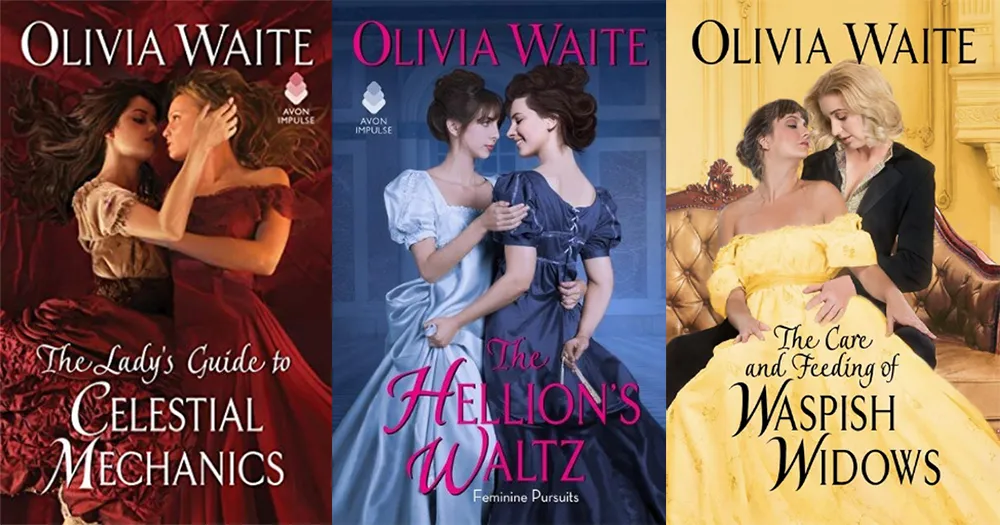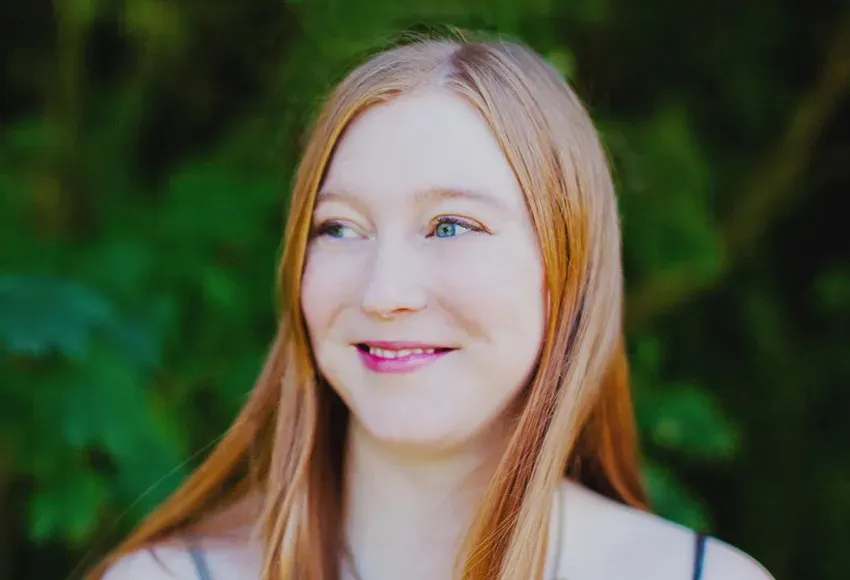In the middle of September, the Seattle Public Library hosted "Conversation Hearts," a panel on Bisexual romance fiction. It brought six Queer authors together for a discussion of the craft, marketing woes, and readership of the genre.
Hosting that panel was Olivia Waite, the romance fiction columnist for the New York Times Book Review and an award-winning author of Queer historical and speculative romance fiction. The panel was fascinating (and can be found on YouTube, for those interested), but there was clearly more to talk about. The SPL generously put Olivia Waite in touch with me.
Anyone with experience in a college-level literature or creative writing program is likely familiar with the pressure to write in a literary fashion, with purple prose and the elevation of suffering as the most nuanced and deep emotion. Romance fiction, however, has developed separately from broader literary tradition. Whether because of the genre's differing goals, or due to popular and critical disdain, romance authors have had room to "write with clarity and vividness," Waite said, "privileg[ing] storytelling over prose, in a way that literary fiction doesn't allow."

The romance genre also champions joy, as opposed to suffering. "Joy is much harder to write than tragedy," Waite argued. "We all sympathetically vibe with [tragedy], and we're expected to participate in it... We pretend that happy endings are this big, dull, clichéd thing, but they're actually so very specific."
"Each romance novel," Waite went on, "is an argument for a specific vision of happiness." But that specificity is hard to recognize without reading the genre widely. Like any genre, romance has tropes, some going back centuries or more. It's through those that each romance story, whether intentionally or not, is in a "multigeneration conversation" with the others. "Because we know where [the characters] will end up," Waite explained, "you have to play with how they get there."
Of course, the traditions of romance fiction can still be pedantic and restricting if followed to the letter. Waite found that her writing took a "huge leap forward" when she let her prose become more purple, and she could write about, say, embroidery for as long and lovingly as she wanted. That suited her creative process far better anyway, as a research-heavy writer who is "like a magpie with ideas" and has to "beat them off with a stick."
Waite's romance novels weren't always Queer, however. She says she came into bisexuality "quite late in life," although she had dwelled in Queer circles as an ally. After that revelation, noticing a lack of good sapphic historical romance, she asked publishers to let her know when they found any. Eventually, she got tired of waiting and wrote some herself.
Her first Queer historical romance novel was accepted when just halfway finished. So far, her novels featuring Queer heroines have all been women, but she says that one day she'll write some male-female Queer "just to shake things up."


